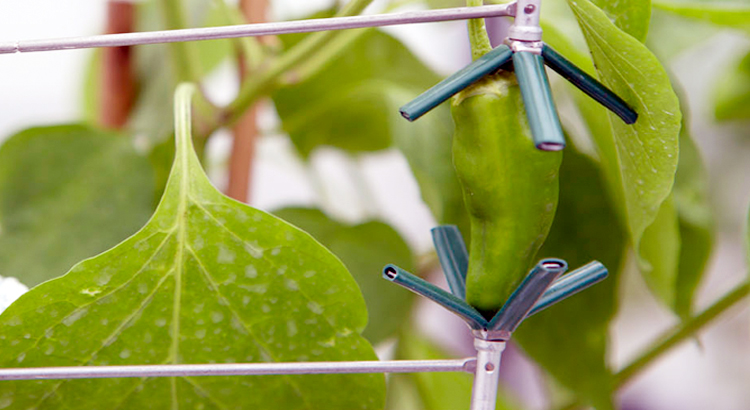Authors: Itziar Alkorta, Lur Epelde and Carlos Garbisu
Journal: FEMS Microbiology Letters
Vol: 364
Date: 2017
Bioremediation, based on the use of microorganisms to break down pollutants, can be very effective at reducing soil pollution. But the climate change we are now experiencing is bound to have an impact on bioremediation performance, since the activity and degrading abilities of soil microorganisms are dependent on a series of environmental parameters that are themselves being altered by climate change, such as soil temperature, moisture, amount of root exudates, etc. Many climate-induced effects on soil microorganisms occur indirectly through changes in plant growth and physiology derived from increased atmospheric CO2 concentrations and temperatures, the alteration of precipitation patterns, etc., with a concomitant effect on rhizoremediation performance (i.e. the plant-assisted microbial degradation of pollutants in the rhizosphere). But these effects are extremely complex and mediated by processes such as acclimation and adaptation. Besides, soil microorganisms form complex networks of interactions with a myriad of organisms from many taxonomic groups that will also be affected by climate change, further complicating data interpretation.




